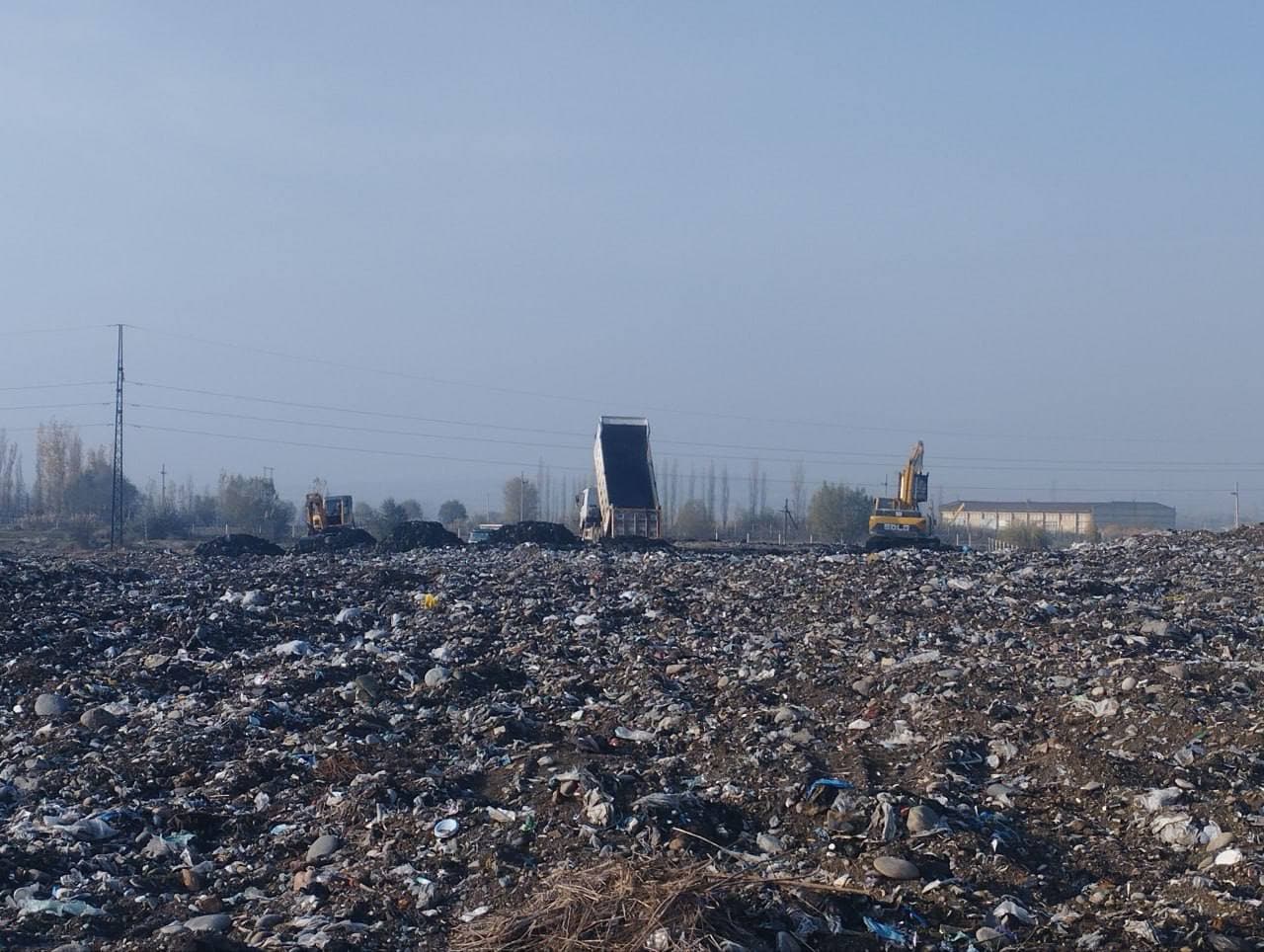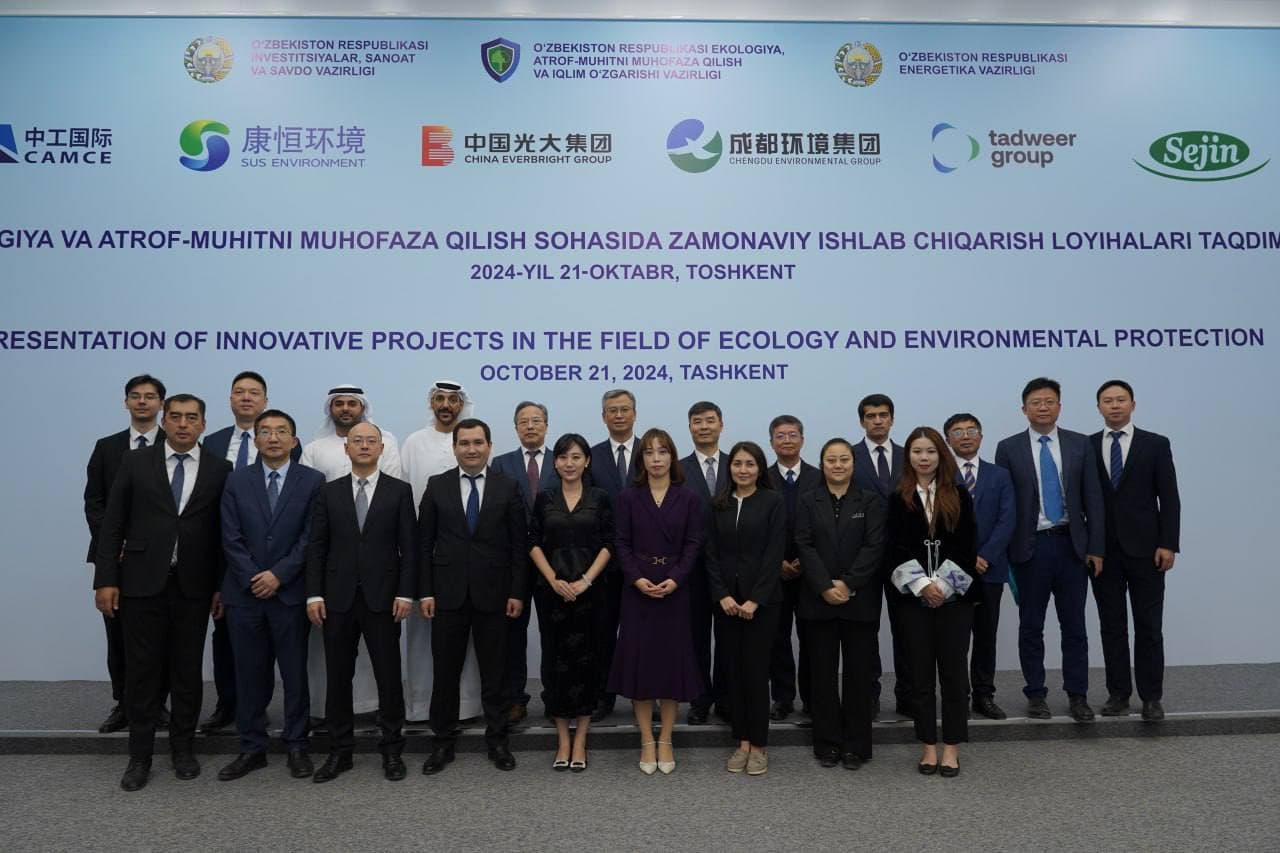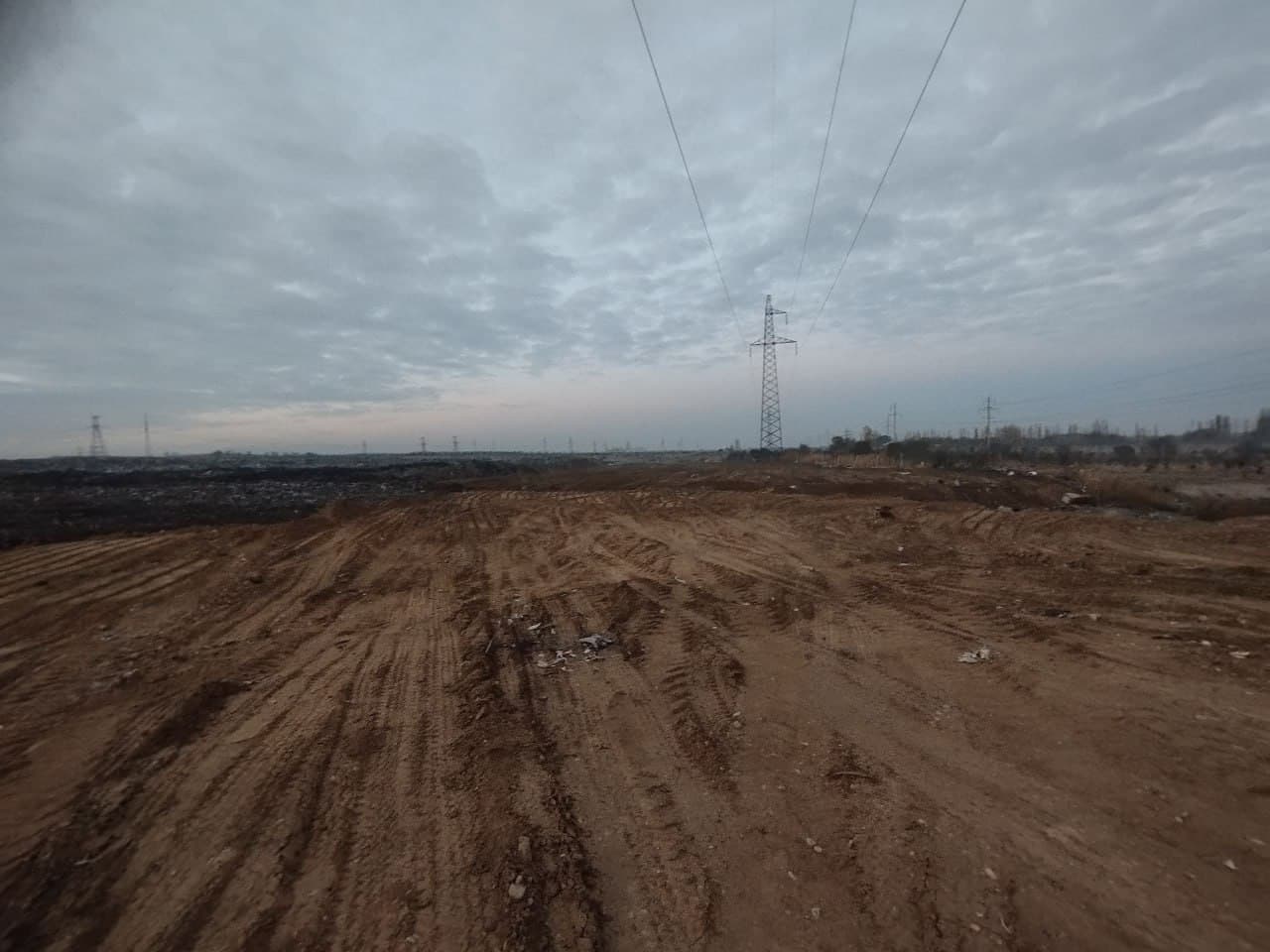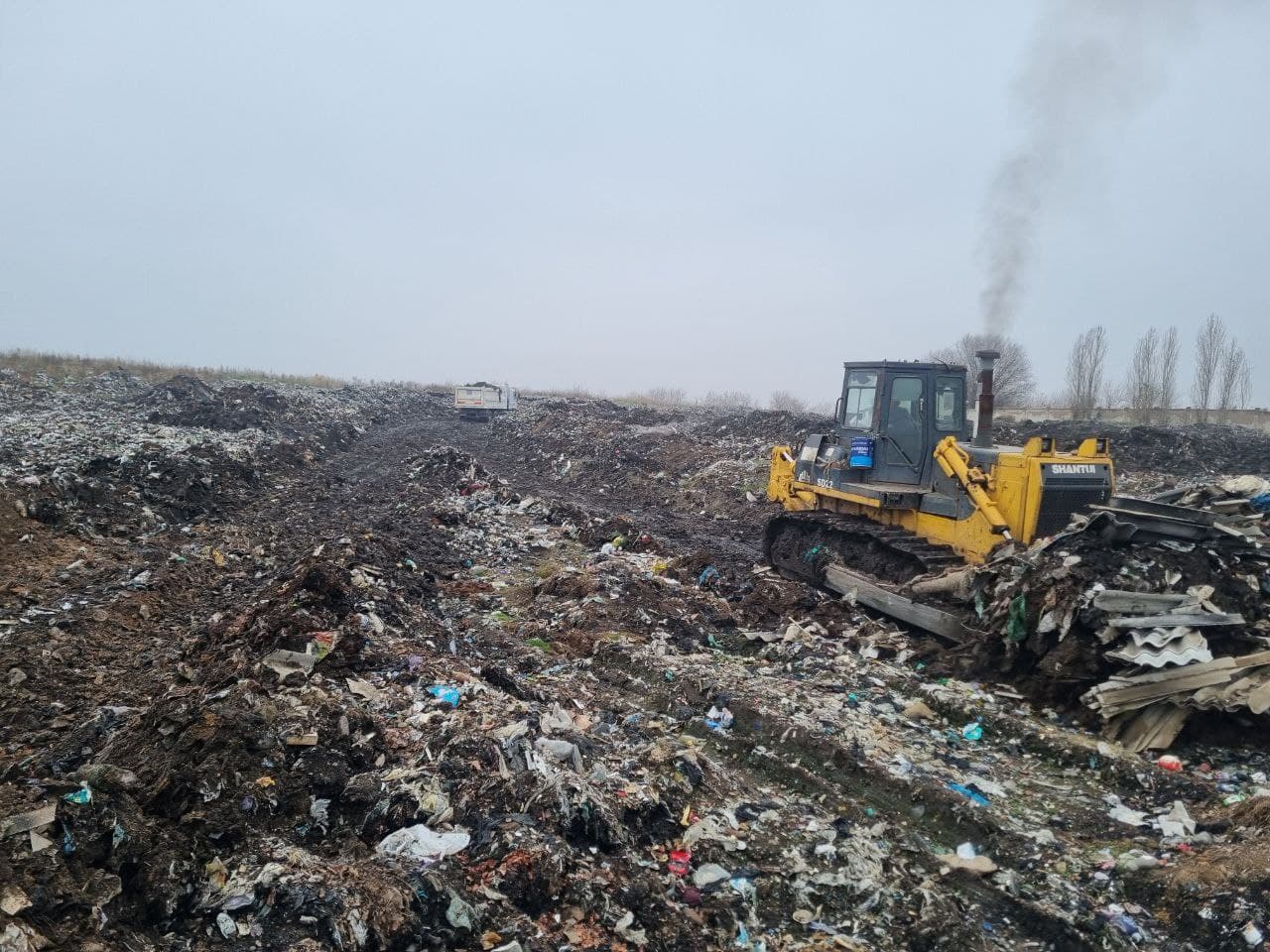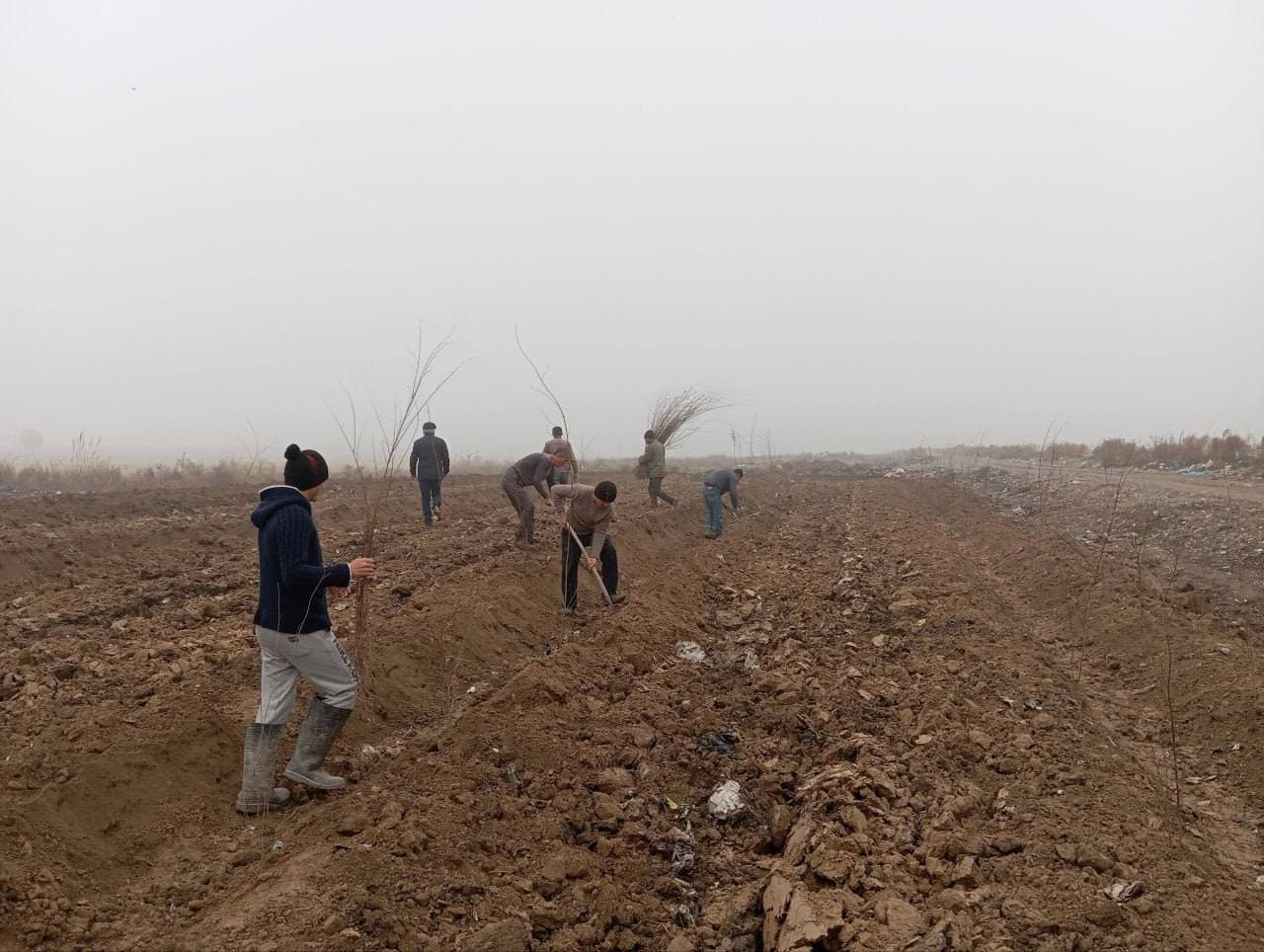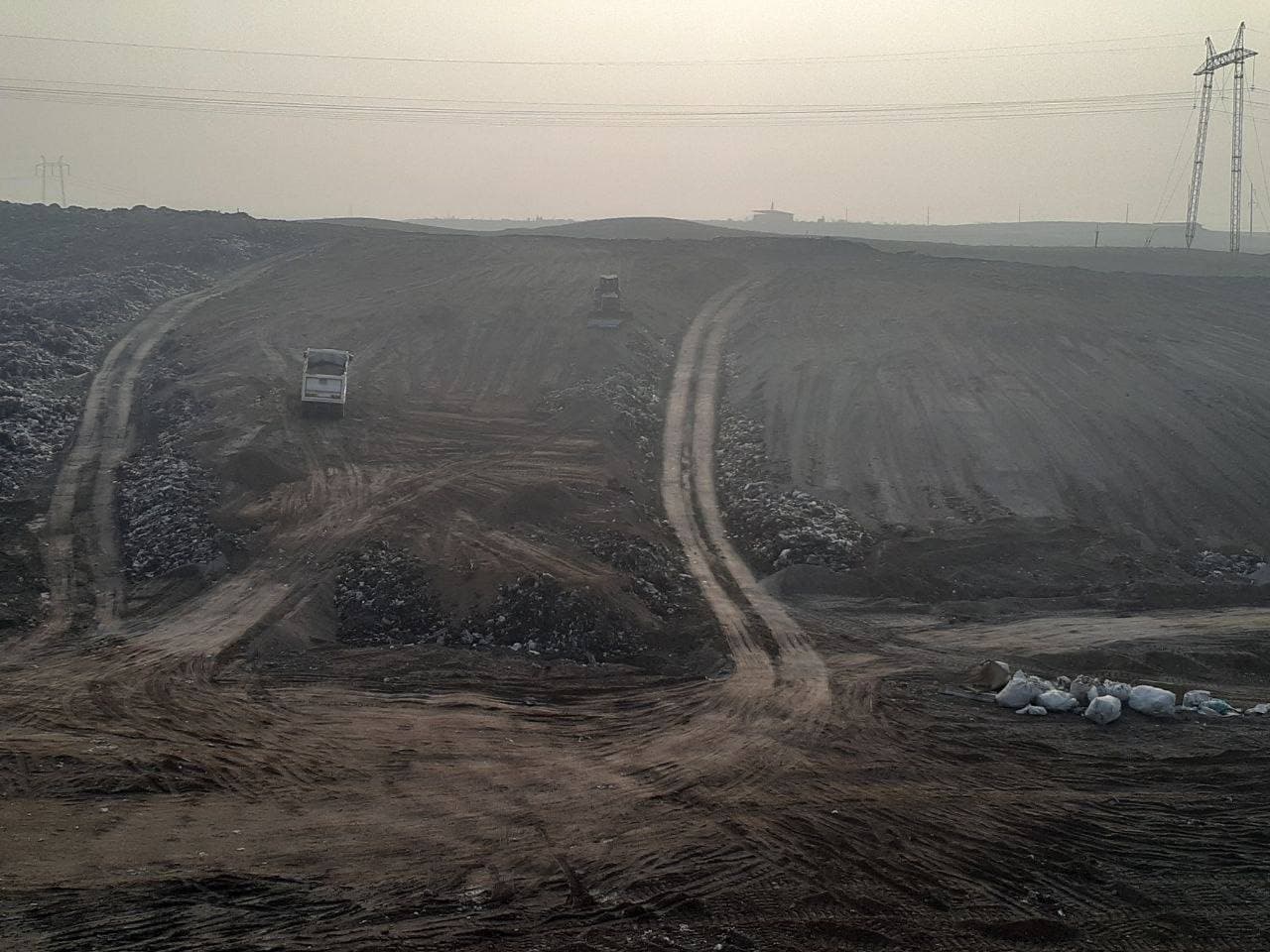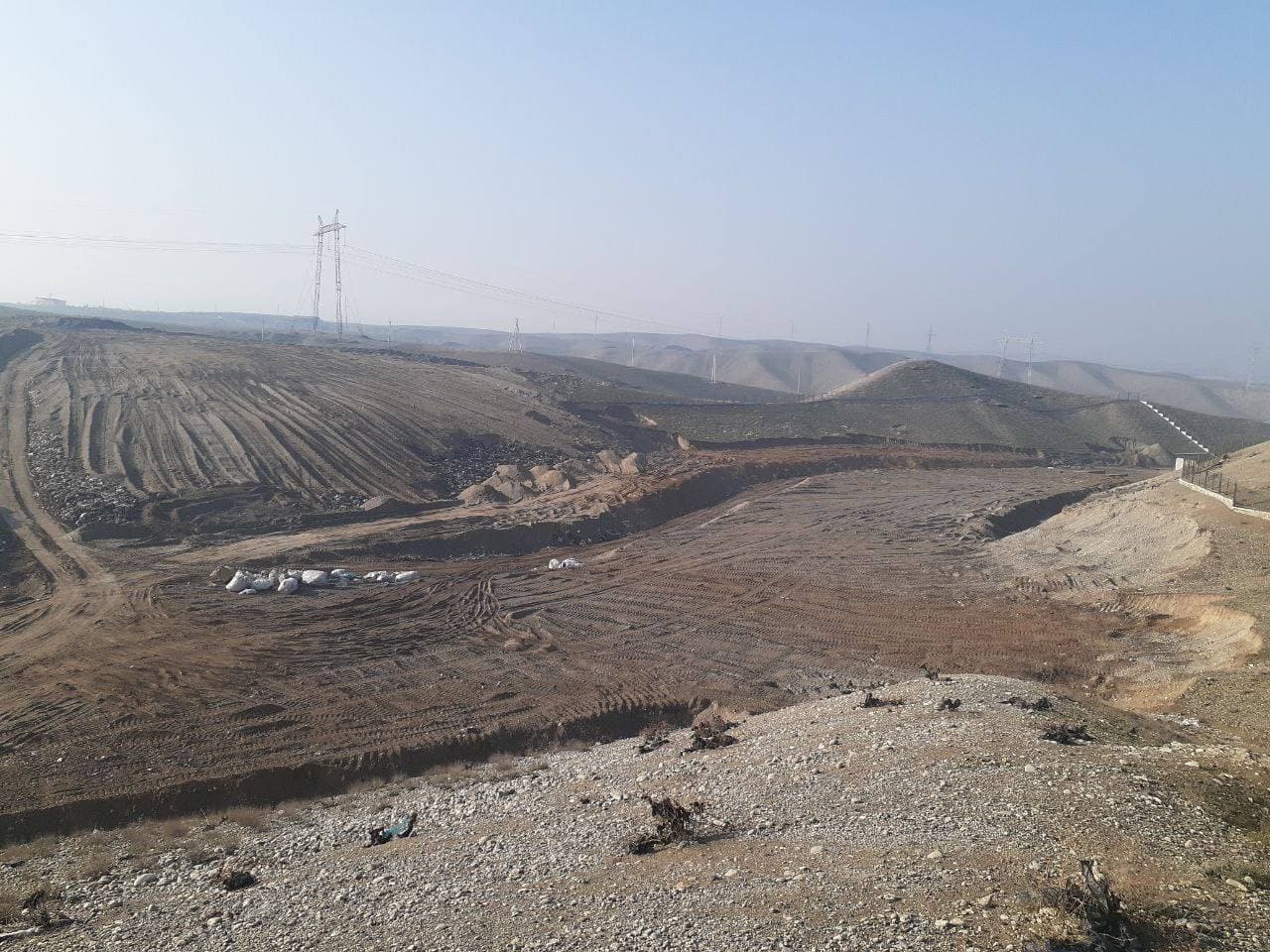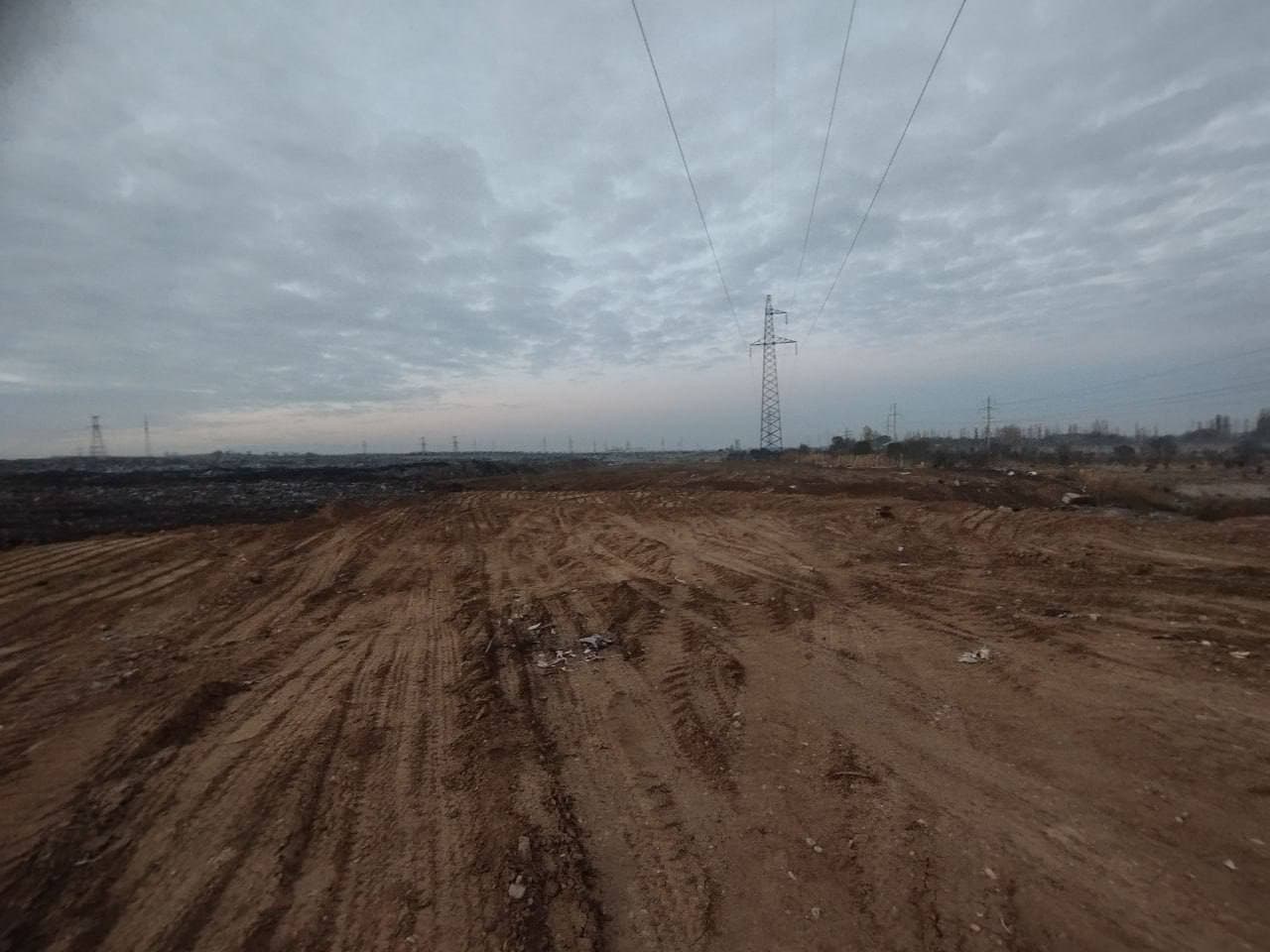The Environmental Conditions at Landfills Are Improving
2025-02-19 15:00:00 / News
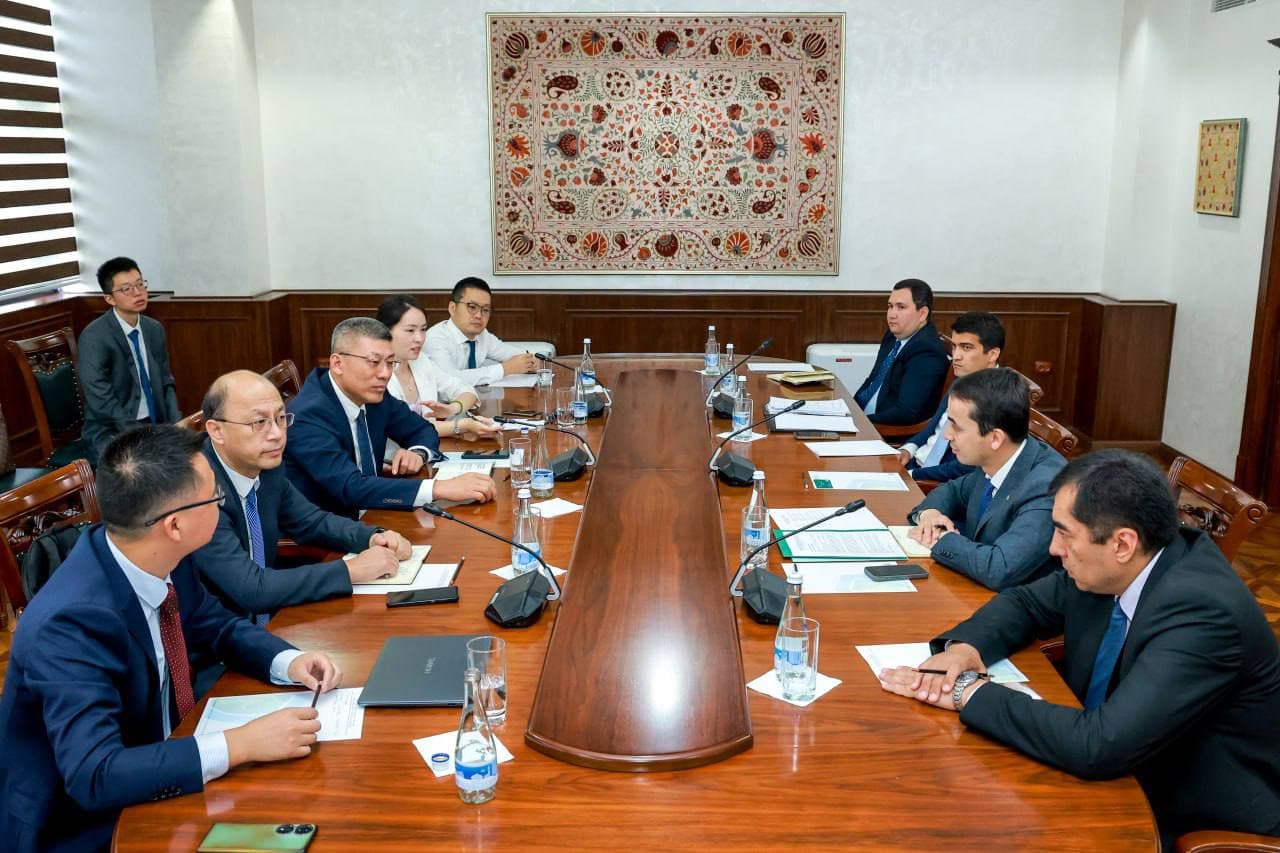
In recent years, the head of state has placed special emphasis on improving the waste management system. A number of regulatory legal acts have been adopted to enhance environmental conditions and protect public health.
For Reference: One of the key initiatives was the creation of the Agency for Waste Management and Circular Economy Development under the Ministry of Ecology. This agency includes the Directorate for Landfill Management, which is responsible for the systematization, modernization, and optimization of waste management. According to Presidential Resolution No. 171, issued on May 31, 2023, several landfills were transferred to business entities under a public-private partnership agreement.
A comprehensive set of measures is being implemented to prevent waste emissions into the atmosphere, reduce the risk of fires and minimize the negative impact of landfills.
Under the target program approved by Decree No. 5 on January 4, 2024, titled "On measures for enhancement of management system waste and to decrease in their negative impact on ecological situation", a total of 29 solid household waste landfills covering 81.02 hectares were reclaimed in 2024. Waste that had accumulated outside the designated areas was collected, while more than 10 million tons of waste within the designated areas were managed according to sanitary standards and modern requirements. Special equipment was used to cover the waste with a 50 cm layer of soil, effectively eliminating its negative impact on human health and the environment.
Additionally, from January to February 2025, compaction and leveling work was carried out at solid household waste landfills in the Tashkent, Namangan, Andijan, Bukhara, Syrdarya, Samarkand, Fergana and Kashkadarya regions. To strengthen the special equipment base, 245 units of specialized equipment were acquired, of which 75 underwent maintenance and major repairs. A GPS tracking system was installed on 157 special vehicles, while fuel consumption standards and reporting systems were developed for 25 types of equipment. Moreover, 78 additional pieces of machinery—including 47 dump trucks, 15 bulldozers and 16 loaders—were purchased and distributed to regional management units.
A targeted program has also been developed to minimize human intervention in modern sanitary landfill operations by establishing online monitoring and automated waste accounting. As a result, 37 landfills are now equipped with automated weighing scales and video surveillance cameras.
At the same time, landfill infrastructure is being significantly improved and better working conditions are being created for landfill employees and service providers. Special attention is being paid to providing material support to operators and ensuring compliance with technical safety regulations.
Cooperative efforts have been established with investors from the World Bank, the European Bank for Reconstruction and Development (EBRD), Finland, India, Oman, Saudi Arabia, the South Korean environmental organization K-Eco, Japan, Malaysia, the United Kingdom and the People's Republic of China. These collaborations aim to assess methane gas emissions from landfills, generate bioenergy through waste recycling and improve landfill infrastructure and reclamation processes while developing technical and economic project foundations.
According to the "Strategy for solid municipal waste management in the Republic of Uzbekistan for the period 2019-2028," 151 out of 197 existing landfills are planned for closure.
Over the next five years, Uzbekistan aims to reclaim 970 hectares of land, prevent 58.5 million tons of gas emissions and landfill fires annually, reduce the negative impact of wastewater on air quality by an average of 78%, and improve sanitation services in 116 districts and cities by up to 50%. Additionally, as part of this year’s target program, nine household waste landfills covering 74.53 hectares will be reclaimed and covered with soil in accordance with sanitary requirements.
It is worth noting that, as part of the nationwide "Yashil Makon" project, 197,000 saplings of trees and shrubs will be planted across 112 landfills throughout Uzbekistan, creating green belts. These efforts will help restore soil health, enhance biodiversity and create environmentally sustainable green areas.

